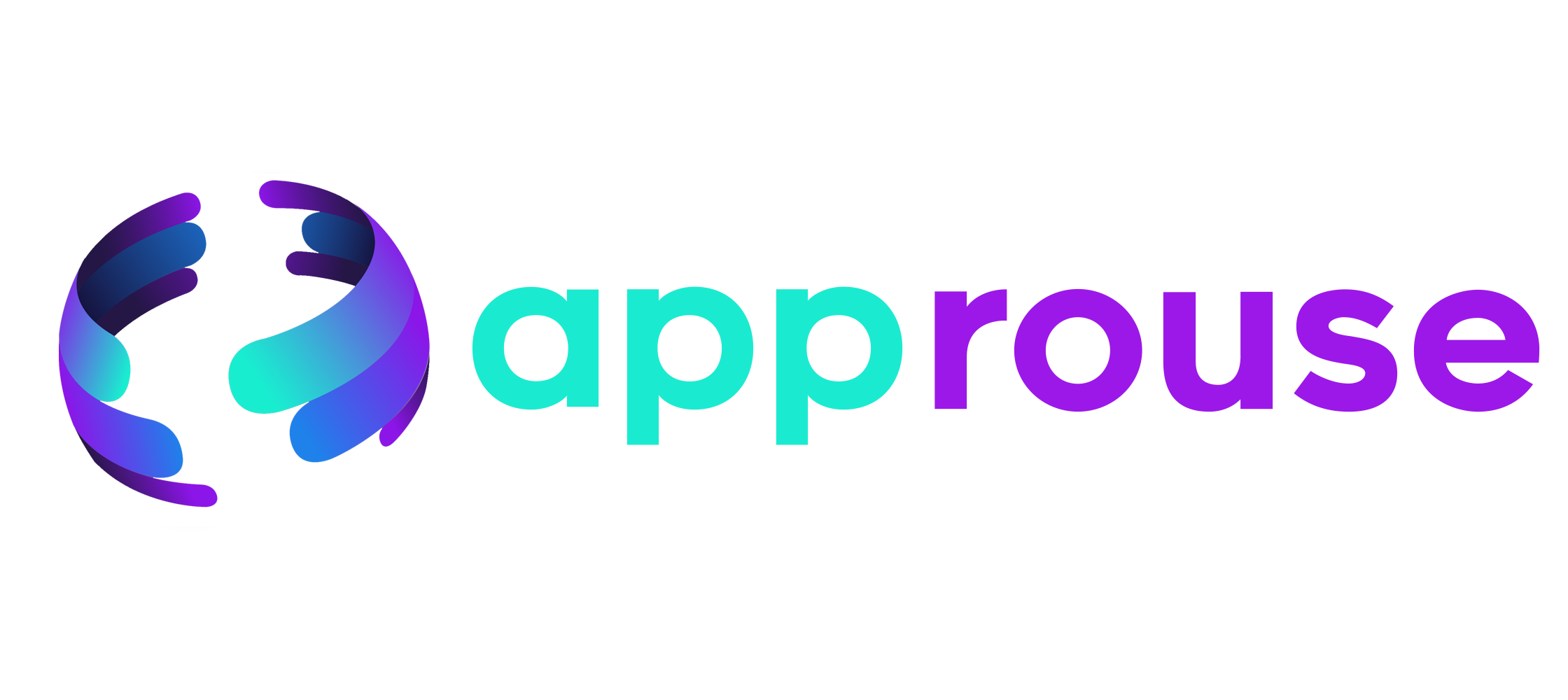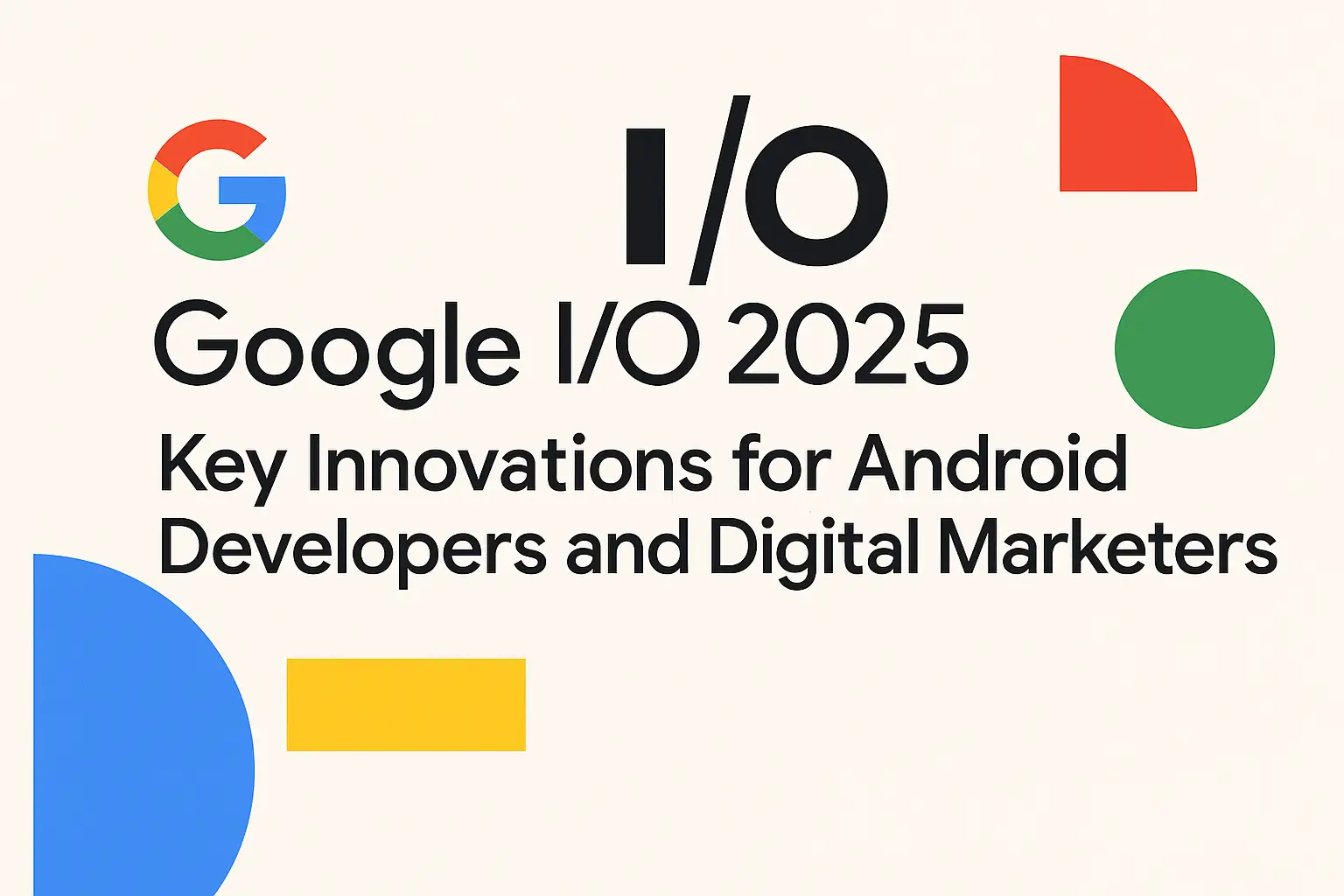Google I/O 2025 delivered a wave of transformative announcements, with a strong focus on artificial intelligence, user experience enhancements, and privacy-first advertising tools. For Android developers and digital marketers, this year’s updates redefine workflows, monetization strategies, and the app ecosystem as a whole.
Android Development: Smarter Tools and Flexible Experiences
Android 16 and Material 3 Expressive
Android 16 introduces the new Material 3 Expressive design language, prioritizing dynamic color schemes, richer motion, and adaptive layouts. The new UI toolkit encourages developers to create interfaces that scale fluidly across smartphones, tablets, foldables, and Chromebooks.
A major platform change is that apps can no longer lock screen orientation or disable resizing on larger displays. This pushes developers toward building universally adaptive apps, improving user experience across the Android ecosystem.
Jetpack Compose Evolution
Jetpack Compose has become the standard for UI development in Android. The 2025 updates enhance Compose’s capabilities with more intuitive preview tools, support for large-screen composables, and integration with performance analytics.
Furthermore, Compose now supports cross-platform development, enabling shared codebases across Android, desktop, and web applications. This reduces development time and increases consistency across devices.
AI-Powered Development with Gemini
Google’s Gemini AI is now embedded throughout the Android development workflow. From contextual code generation to intelligent layout suggestions and app performance tuning, Gemini accelerates productivity while reducing manual tasks.
Developers can use natural language prompts within Android Studio to generate components, solve bugs, and get live guidance. This AI-first approach lowers entry barriers and speeds up complex development cycles.
Google Play Store: Better Discovery, Subscriptions, and Engagement
Themed Topic Pages and Audio Previews
Google Play now includes curated topic pages, which surface collections of apps around specific user interests. This improves app discovery and aligns with user intent more effectively.
For content-rich apps like podcasts, audiobooks, and music, a new audio preview feature allows users to sample content before installation. This boosts conversion rates and provides a richer storefront experience.
Improved Subscription Tools
Subscription-based apps benefit from major upgrades. Developers can now fine-tune billing models, manage offers, and experiment with pricing strategies more easily. Enhanced analytics allow for deeper insights into user churn, retention, and conversion, helping apps maximize lifetime value.
Advertising: AI Automation and Privacy-First Innovation
AI Mode in Google Search
Google Search now includes AI Mode, delivering context-aware, natural language results in response to complex queries. This opens new advertising formats, tailored to conversational experiences, especially in mobile-first environments.
Digital marketers must begin adapting campaigns to align with these AI-driven search experiences, using richer metadata and structured content to improve visibility.
AI Agentic Campaign Management
Google Ads now features agentic capabilities, where AI automates key parts of campaign creation and optimization. This includes audience segmentation, creative generation, and bid strategy, significantly reducing the manual workload for campaign managers.
Advertisers gain faster feedback loops and more efficient scaling of campaigns across platforms.
Privacy Sandbox Progress
The Privacy Sandbox continues its rollout, focusing on cookieless tracking and interest-based advertising through APIs like Topics and Protected Audience. These tools help maintain personalized ad experiences while respecting user privacy — a crucial balance in today’s regulatory landscape.
Digital marketers are encouraged to start integrating these APIs into their strategies, especially as third-party cookies are phased out globally.
Android Ecosystem: Beyond the Phone
Android Auto Updates
Android Auto now supports web browsing and video apps (when the vehicle is parked), expanding infotainment capabilities. A redesigned light mode and an upgraded Spotify app with collaborative playlists improve usability and personalization in the car.
This is part of a broader effort to make Android a seamless experience across all screens — from phones to vehicles.
Android XR and Smart Glasses
Google has previewed its vision for Android XR (extended reality), in partnership with Samsung and other hardware manufacturers. Smart glasses powered by Android and Gemini AI promise real-time translation, navigation, and camera streaming capabilities.
Developers will soon gain access to SDKs to begin building XR-enabled apps, with a focus on spatial computing and wearable interaction.
Final Thoughts
Google I/O 2025 marks a clear pivot toward AI-driven development, adaptive user experiences, and privacy-conscious monetization. For Android developers, the focus is on building smarter, more flexible apps. For digital advertisers, the emphasis is on automation, contextual relevance, and respectful data use.
As these tools roll out in the coming months, professionals in both fields must embrace continuous learning and experimentation to remain competitive in an increasingly AI-centric ecosystem.



Comments are closed